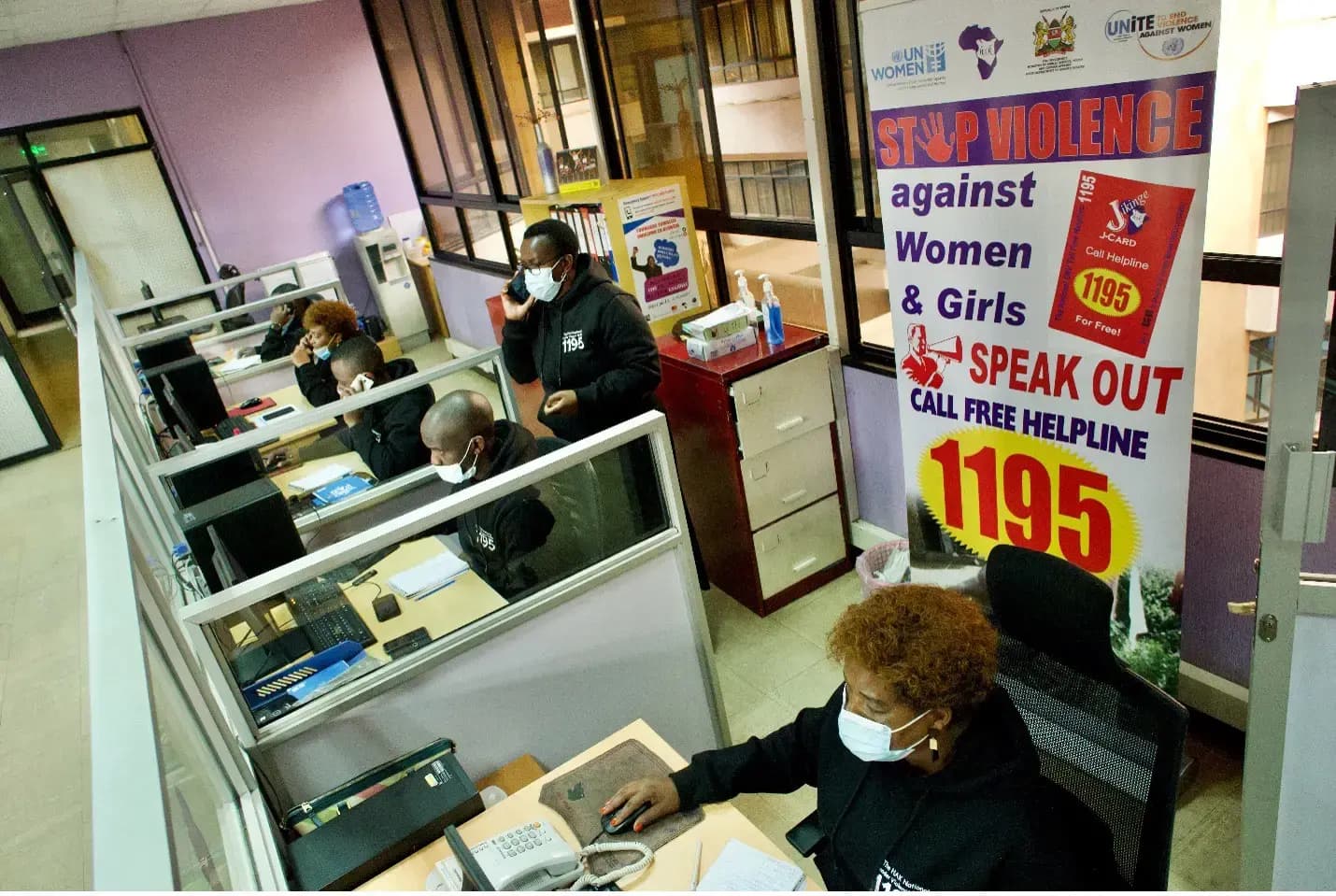We're loading the full news article for you. This includes the article content, images, author information, and related articles.
New data reveals a sharp rise in online gender-based violence, from cyberstalking to deepfakes, prompting urgent calls for stronger legal protection and platform accountability as Kenyan women increasingly face abuse in digital spaces.

NAIROBI – Digital spaces in Kenya are becoming increasingly hostile environments for women and girls, with a surge in technology-facilitated gender-based violence (TFGBV) that is inflicting significant psychological, social, and economic harm. This growing crisis, encompassing everything from online harassment and cyberstalking to the non-consensual sharing of intimate images and AI-generated deepfakes, is silencing women and pushing them out of public life, according to multiple recent reports.
The violence is pervasive. A 2024 study supported by the United Nations Population Fund (UNFPA) found that nearly 90% of young adults in Nairobi's tertiary institutions have witnessed TFGBV, with 39% having personally experienced it. The report, conducted by the Collaborative Center for Gender and Development (CCGD), highlighted a stark gender disparity: 64.4% of female students reported experiencing at least one form of online violence, compared to 35.5% of their male counterparts. The most common forms of abuse cited were online defamation, cyberbullying, and non-consensual pornography.
In Kenya, TFGBV is not an abstract threat but a lived reality with severe consequences. Women in the public eye, including politicians, journalists, and human rights defenders, are frequent targets of coordinated online attacks. A landscape assessment by IREX noted a significant uptick in TFGBV against female political candidates during the 2022 general election, with attackers often using sexualized language, body shaming, and fabricated stories to discredit them. According to a 2022 report by Pollicy, over half of women candidates had their Facebook accounts targeted, a significantly higher rate than their male counterparts.
The abuse is amplified across popular social media platforms. The CCGD study identified X (formerly Twitter), WhatsApp, Facebook, Telegram, Instagram, and TikTok as the primary channels where this violence occurs. Perpetrators are fueled by the perceived anonymity of the internet, personal conflicts, and deeply entrenched misogynistic social norms. The impact on survivors is devastating, leading to shame, trauma, social isolation, and economic loss. Many women are forced to self-censor or withdraw from online spaces entirely, diminishing their participation in public discourse.
While Kenya has legal frameworks in place, including the Computer Misuse and Cybercrimes Act of 2018, the Data Protection Act of 2019, and the Sexual Offences Act of 2006, significant gaps in implementation and enforcement remain. Survivors often face systemic apathy, victim-blaming from law enforcement, and a justice system ill-equipped to handle the complexities of digital evidence. A report by Equality Now and its partners emphasized that while laws exist, their application is patchy, leaving many survivors without adequate protection or legal redress.
The Computer Misuse and Cybercrimes Act criminalizes cyber harassment and stalking, with penalties including fines of up to KSh 20 million or a 10-year prison sentence. However, critics argue that the law's language can be vague and that enforcement is weak. Furthermore, law enforcement agencies often lack the digital forensic capacity to effectively investigate online crimes, and collaboration between tech companies and the government is poor.
In response to this escalating crisis, UN Women and other civil society organizations are intensifying their advocacy. The global 16 Days of Activism against Gender-Based Violence campaign, which begins annually on November 25th, is focusing in 2025 on ending digital violence. The campaign calls on governments to strengthen laws, tech companies to be held accountable for harmful content on their platforms, and for greater investment in digital literacy and survivor-centered support services. Organizations like KICTANet are also conducting capacity-building workshops to equip women with digital safety knowledge. As technology continues to evolve, the fight to ensure that digital spaces are safe and inclusive for all has become one of the most urgent human rights challenges of our time.
Keep the conversation in one place—threads here stay linked to the story and in the forums.
Sign in to start a discussion
Start a conversation about this story and keep it linked here.
Other hot threads
E-sports and Gaming Community in Kenya
Active 9 months ago
The Role of Technology in Modern Agriculture (AgriTech)
Active 9 months ago
Popular Recreational Activities Across Counties
Active 9 months ago
Investing in Youth Sports Development Programs
Active 9 months ago